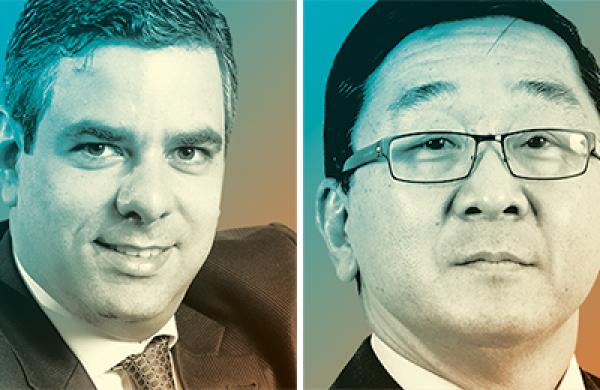Kroton Educacional had a lot of ground to cover at its annual investor day last year. The recession was deepening in Brazil, where the company is based, and regulatory changes in the country’s education sector were cutting significantly into a college loan program that was generating roughly half of Kroton’s revenues. Analysts and investors were eager to hear details about how the business planned to navigate through the storm.
Carlos Alberto Lazar, Kroton’s director of investor relations, knew that the typical four-hour investor day format would not be sufficient in the face of the mounting challenges. So Lazar doubled the length, making the 2015 event a full-day affair — even though the IR budget, and his budget for the gathering, had been cut in the midst of company belt-tightening. Lazar facilitated presentations from all eleven vice presidents and directors about their divisions and how they planned to continue growing. For the first time, all of Kroton’s management took a turn in front of the investors and analysts assembled to give the audience the information they needed.
“Details were the name of the game last year — details about every single thing that we’d be doing to mitigate the impacts of the macro scenario and the impacts of the regulation change,” says Lazar. “We had to be much closer to the investors and analysts. More than anything else, we had to provide much more information for them.”
The verdict from analysts is that Kroton succeeded. Maria Tereza Azevedo, an equity analyst who covers Brazilian education at UBS in São Paulo, says the presentation was “outstanding due to the granularity of details and projects.” The company takes first place in the Education sector in the 2016 Latin America Best Analyst Days, Institutional Investor’s exclusive annual ranking of the companies that do the best job of hosting events for investment professionals. This year’s results reflect the opinions of analysts and money managers at 386 buy- and sell-side firms. Respondents from the buy side work at institutions that collectively manage some $183 billion in Latin American equities.
Investor relations professionals at Fleury, a Brazilian health care provider with a focus on diagnostics, have also seen analysts intensify their demands as the country’s recession has worsened. “They want to know more technical things and how we’re going to deal with this situation,” says CFO and IR chief Adolpho Cyriaco Nunes de Souza Neto. But most important, he emphasizes, is that analysts come away from their day “with a deeper understanding of the business, knowing the management and feeling the soul of the company and the purpose of the company.” He says the best way to achieve all that is to introduce investors and analysts to the executive team and make sure their questions are answered directly.
Fleury’s effort to make sure analysts get access to top management hasn’t gone unnoticed. “They try to bring people that don’t talk to the market often, and that’s very interesting,” says Rodrigo Gastim, a São Paulo–based health care and education analyst at BTG Pactual. Fleury earns top honors in the Health Care sector.
Cielo, Brazil’s largest credit and debit card payments processor, has also found ways to distinguish its analyst days. Mike Leal, an equities analyst at Quatrinvest in São Paulo, says he appreciates the company’s attention to specific topics at the events.
“The speakers talked about topics that are not usually discussed, like corporate governance and the details regarding the routines of board meetings, as well as the procedures for analyzing new projects and investments,” Leal explains.
Roberta Noronha, director of IR at Cielo, which ranks first in Financials/Nonbanks, says that part of her goal in organizing an analyst day is to choose topics that differentiate Cielo as a business and an investment case. That’s true, she says, even when the news the company has to present to investors is not good.
“We are very transparent about the scenarios we’re facing and their potential consequences,” she says. “Additionally, we offer the alternatives we are considering to mitigate the negative consequences whenever possible.”
Get more on research and rankings.






